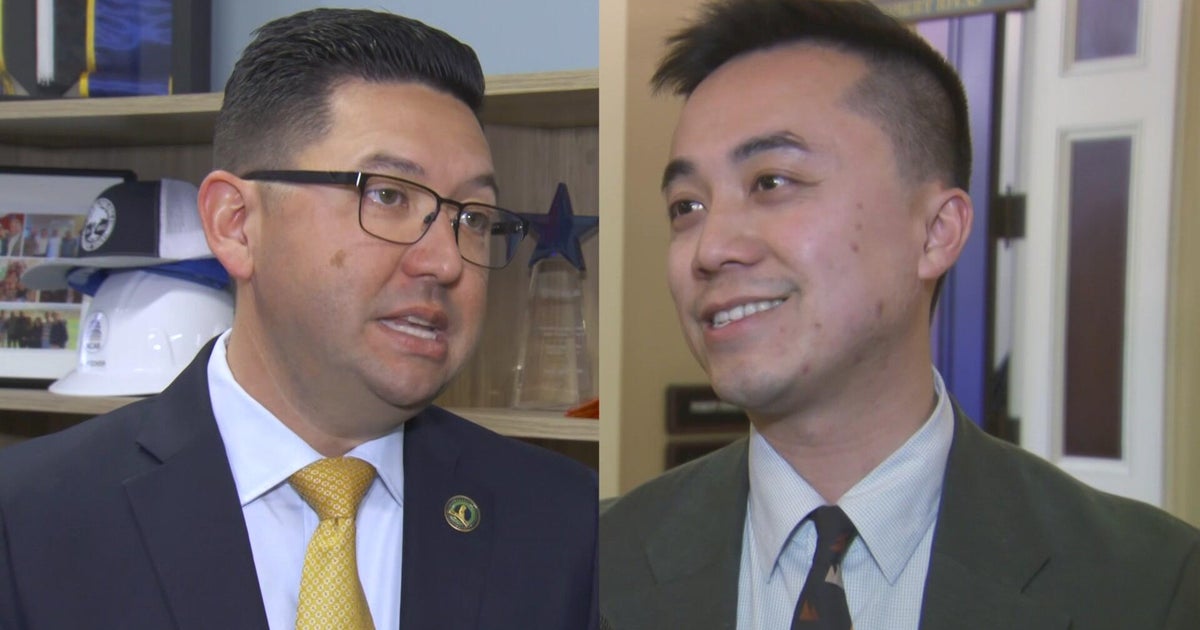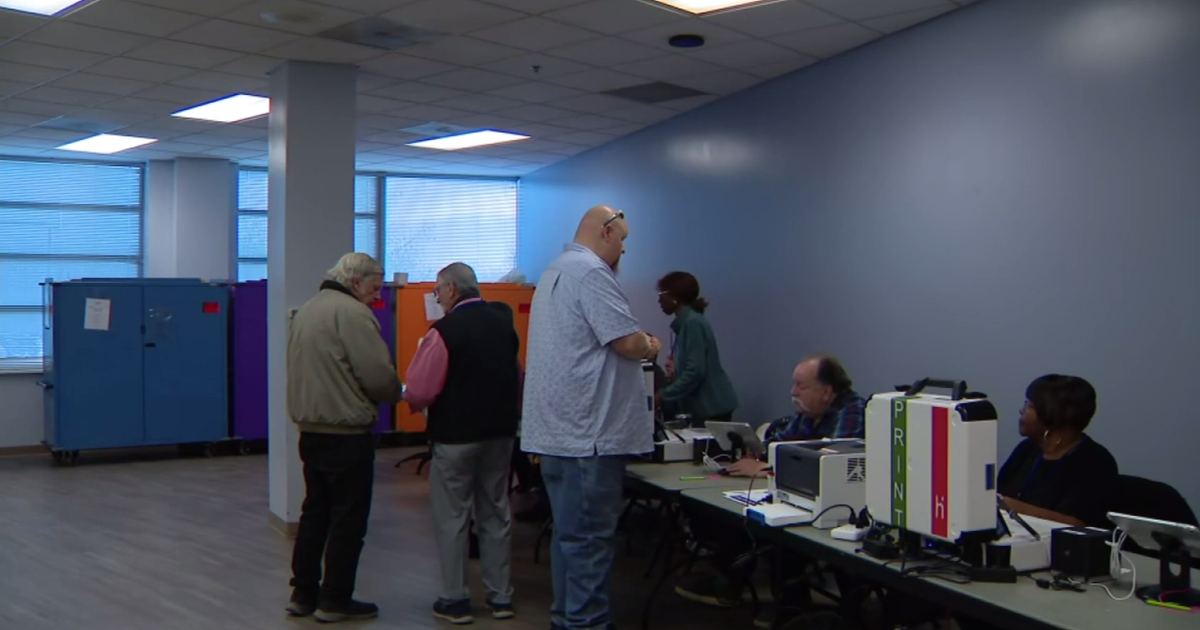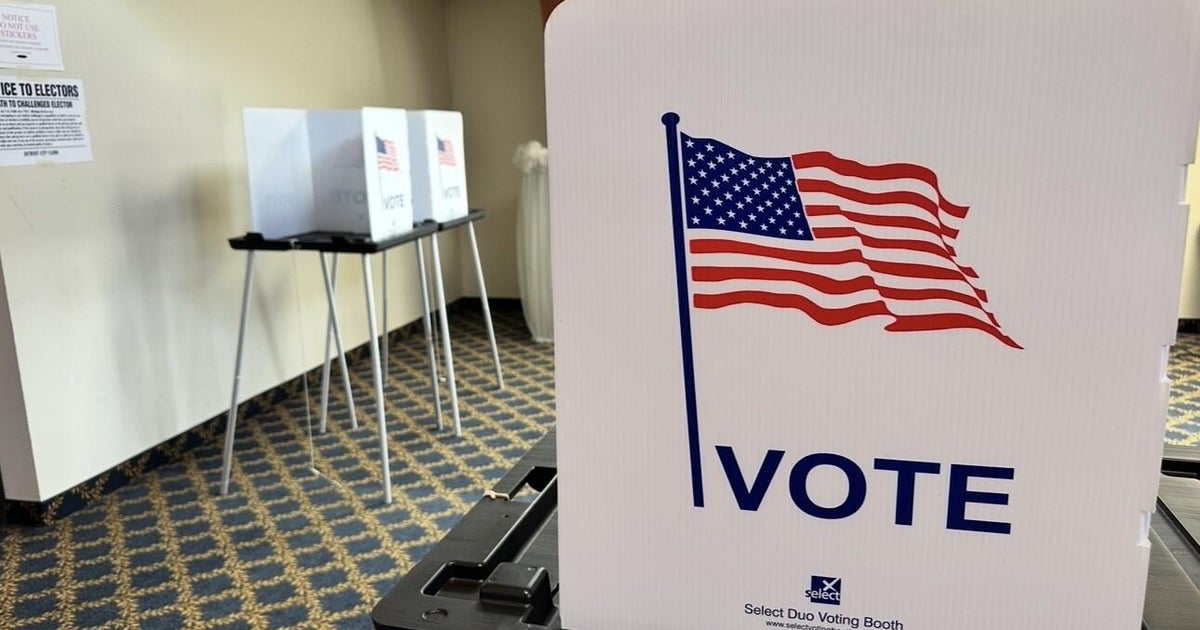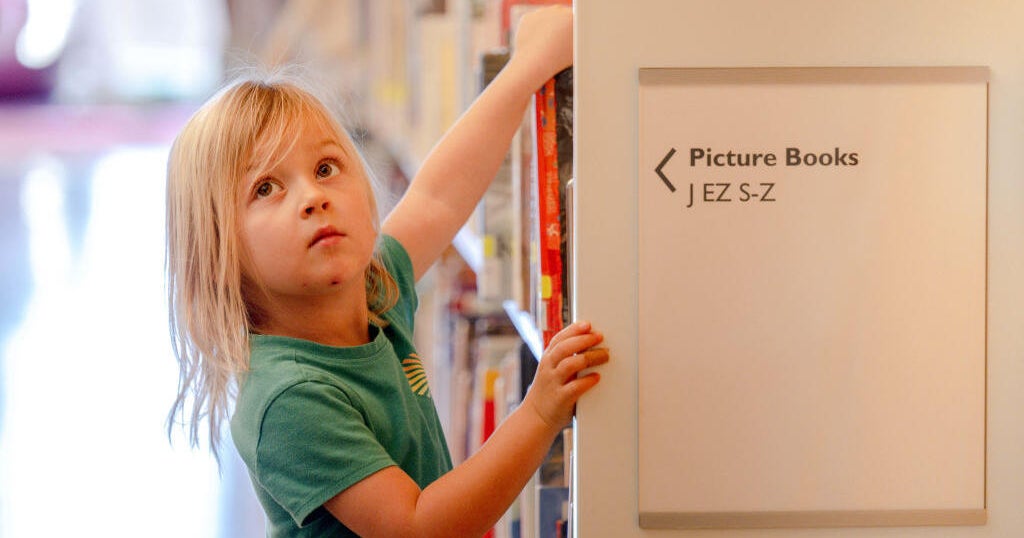More cities could approve ranked choice voting if they choose to if bill in state legislature passes
ST. PAUL, Minn. — Only five cities have ranked choice voting for their local elections, but some state lawmakers want to give more communities that option.
The system works like this: Voters can choose a few candidates and rank them according to their preference. If a candidate gets a majority – 50% +1 — they win outright.
If not, there's a runoff in which the person with the lowest number of first-choice votes gets eliminated and second choices on those ballots are counted and redistributed. This cycle continues until there's a winner.
But only cities with charters can authorize ranked choice voting through ordinance or by voter referendum, which is only 1% of the cities in Minnesota, said DFL Secretary of State Steve Simon. Minneapolis, St. Paul, St. Louis Park, Bloomington and Minnetonka vote this way for their local officials.
A bill that advanced in a House committee Tuesday would give more the greenlight to implement ranked choice voting. Supporters say this gives voters more of a say in who their elected leaders are and forces candidates to appeal to a broader set of the electorate in order to win.
"This is about local choice, and local autonomy and leveling that playing field to allow all cities and local units of government if they wish—and only if they wish—to adopt this," Simon said. "Nothing is permanent, if they don't like it, they can always get rid of it."
Last fall there was an effort in Minnetonka to repeal ranked choice voting only two years after a majority of voters approved it; that measure failed. The legislation at the capitol would also set statewide standards for ranked choice voting, so cities don't diverge in how they implement it.
Christina Scipioni, the city clerk in Bloomington, said all five cities with ranked choice voting in Minnesota have differences in how they administer elections. Ranked choice voting only applies to local races, not state, federal or presidential contests.
"Statewide standards would create consistency and make it easier for all to understand how RCV elections are administered, which increases transparency and trust in the electoral system, Scipioni told lawmakers. "Statewide standards also lower the barrier to entry for communities who want to implement rank choice voting, but feel overwhelmed by the daunting task of creating an electoral system from scratch."
That push for consistency was not enough to garner support from critics who say ranked choice voting is too complex for voters to understand.
Rep. Jon Koznick, R-Lakeville, said by allowing more local governments to implement this system, Minnesota will have a "patchwork" of election laws, creating confusion.
"I think it's important to have a unified election system throughout the state and that's a big concern to me, along with some of the comments on the fiscal cost and how we actually push this down to cities and towns and school boards," Koznick said.
Cities across the country have ranked choice voting, but only two states—Alaska and Maine— have it for either federal or both federal and statewide elections, according to the Council of State Governments. Florida banned the practice from being implemented there.








